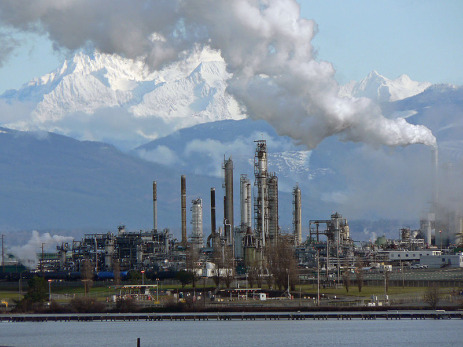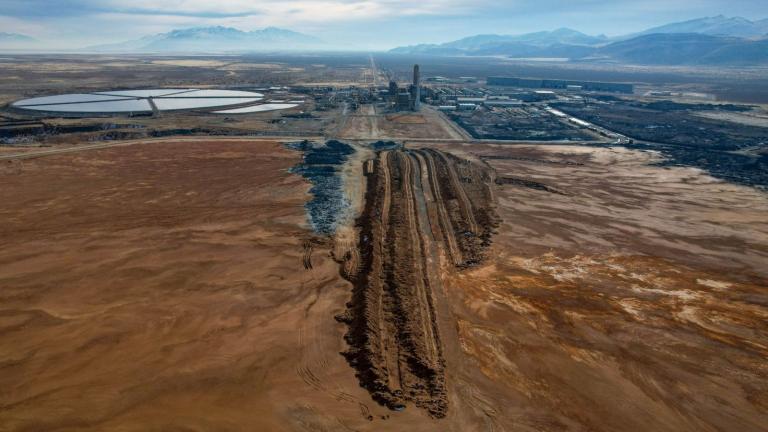
“Hm. Which of these has the least listeria?”
If you are a person who eats food, you’ll want to read Bloomberg’s look at the system of self-regulation by food producers. Actually, no. You won’t want to read it, unless you like stories of convulsive bloody deaths and details about the amount of human feces on your food.
In short:
During the past two decades, the food industry has taken over much of the FDA’s role in ensuring that what Americans eat is safe. The agency can’t come close to vetting its jurisdiction of $1.2 trillion in annual food sales.
In 2011, the FDA inspected 6 percent of domestic food producers and just 0.4 percent of importers. The FDA has had no rules for how often food producers must be inspected.
The food industry hires for-profit inspection companies — known as third-party auditors — who aren’t required by law to meet any federal standards and have no government supervision. Some of these monitors choose to follow guidelines from trade groups that include ConAgra Foods Inc., Kraft Foods Inc. and Wal-Mart.
The private inspectors that companies select often check only those areas their clients ask them to review. That means they can miss deadly pathogens lurking in places they never examined.
And they do.
Food sickens 48 million Americans a year, with 128,000 hospitalized and 3,000 killed, the Centers for Disease Control and Prevention estimates. The rate of infections linked to foodborne salmonella, which causes the most illnesses and deaths, rose 10 percent from 2006 to 2010.
The U.S. had 37 recalls of fruits and vegetables in 2011, up from two in 2005. Many of the victims of contaminated food are those with under-developed or weakened immune systems, such as children and the elderly.
Bloomberg notes the passage of the Food Safety Modernization Act, but doesn’t note a key stumbling block: The White House has not yet finalized rules to put the act into effect. From HeraldOnline.com:
Late in 2010, Congress [passed] the Food Safety Modernization Act, giving the FDA not only more regulatory authority over food producers, but the power to hold foreign food producers to the same standards as those in this country.
But two years later, rules that require food producers to evaluate the hazards in their operations and that give the FDA access to such records have yet to be released. The Food Safety Modernization Act rules remain under review by the Office of Management and Budget at the White House, though officials there won’t say why. Once released, the rules will need to go through a public review and comment process before taking effect.
If you didn’t get enough tragic anecdotes in the Bloomberg article, this Herald piece has more.
Until the problem is fixed, remember: Wash all of your food, cook it thoroughly, then throw it away and never eat again.




